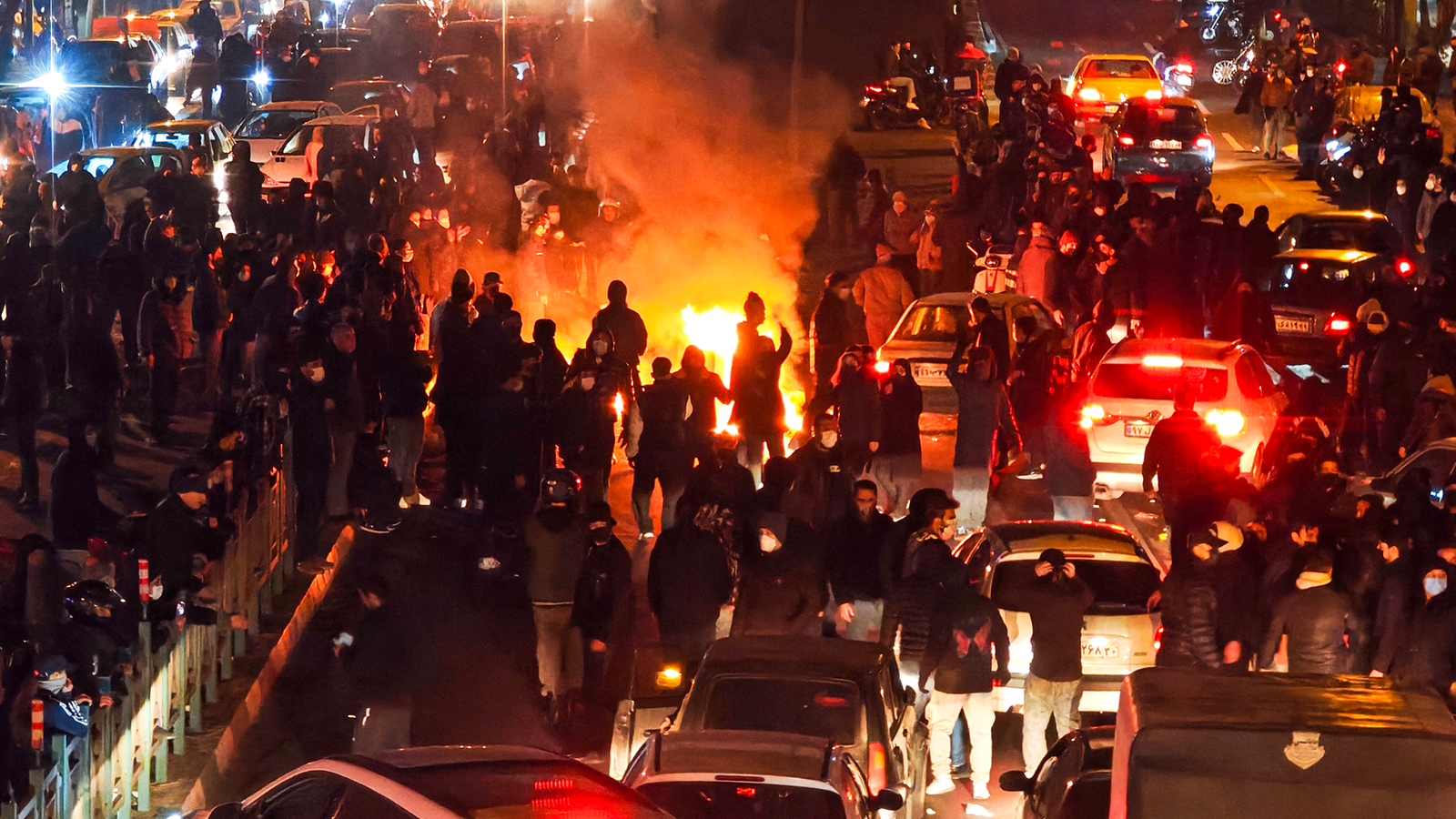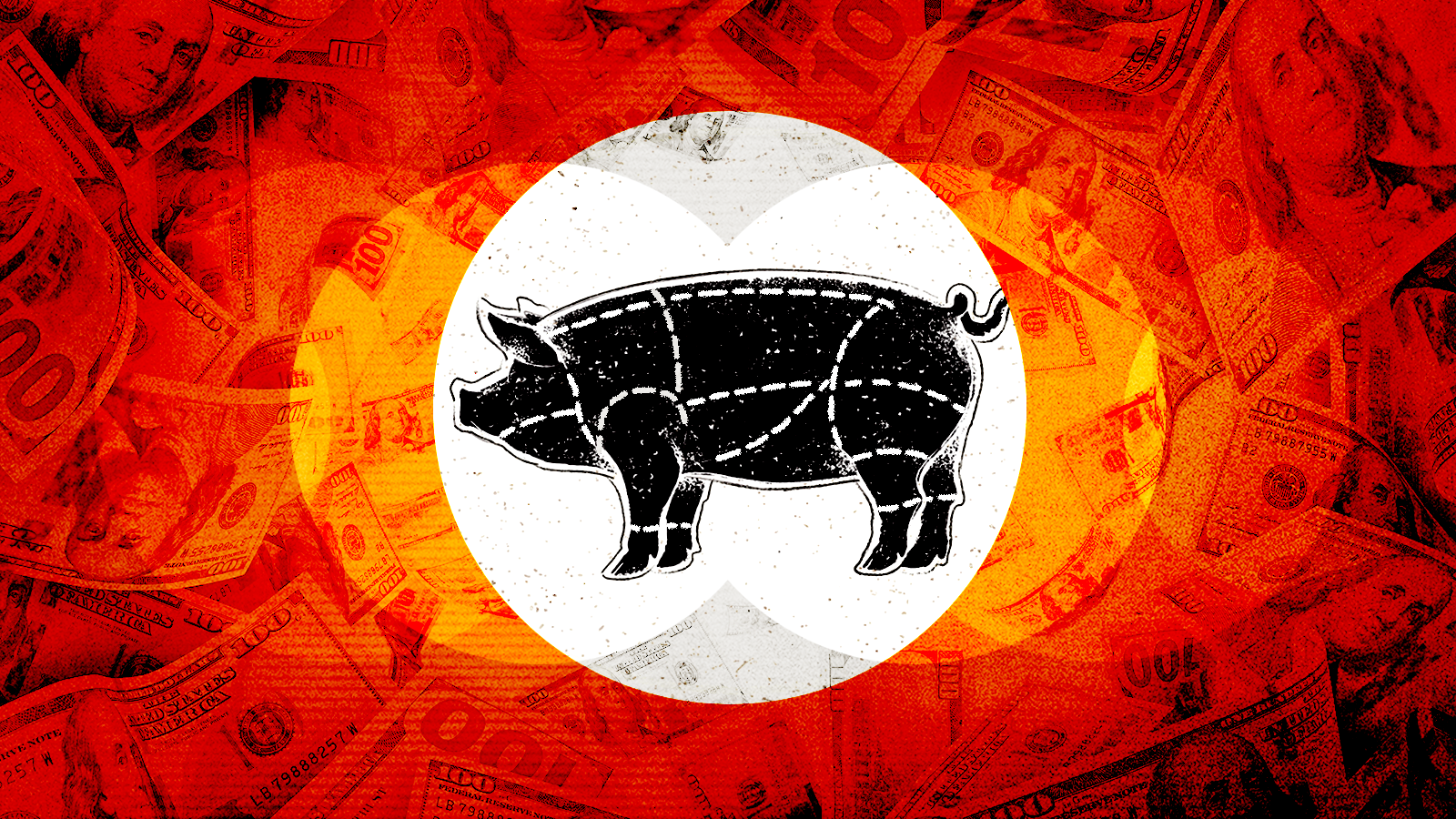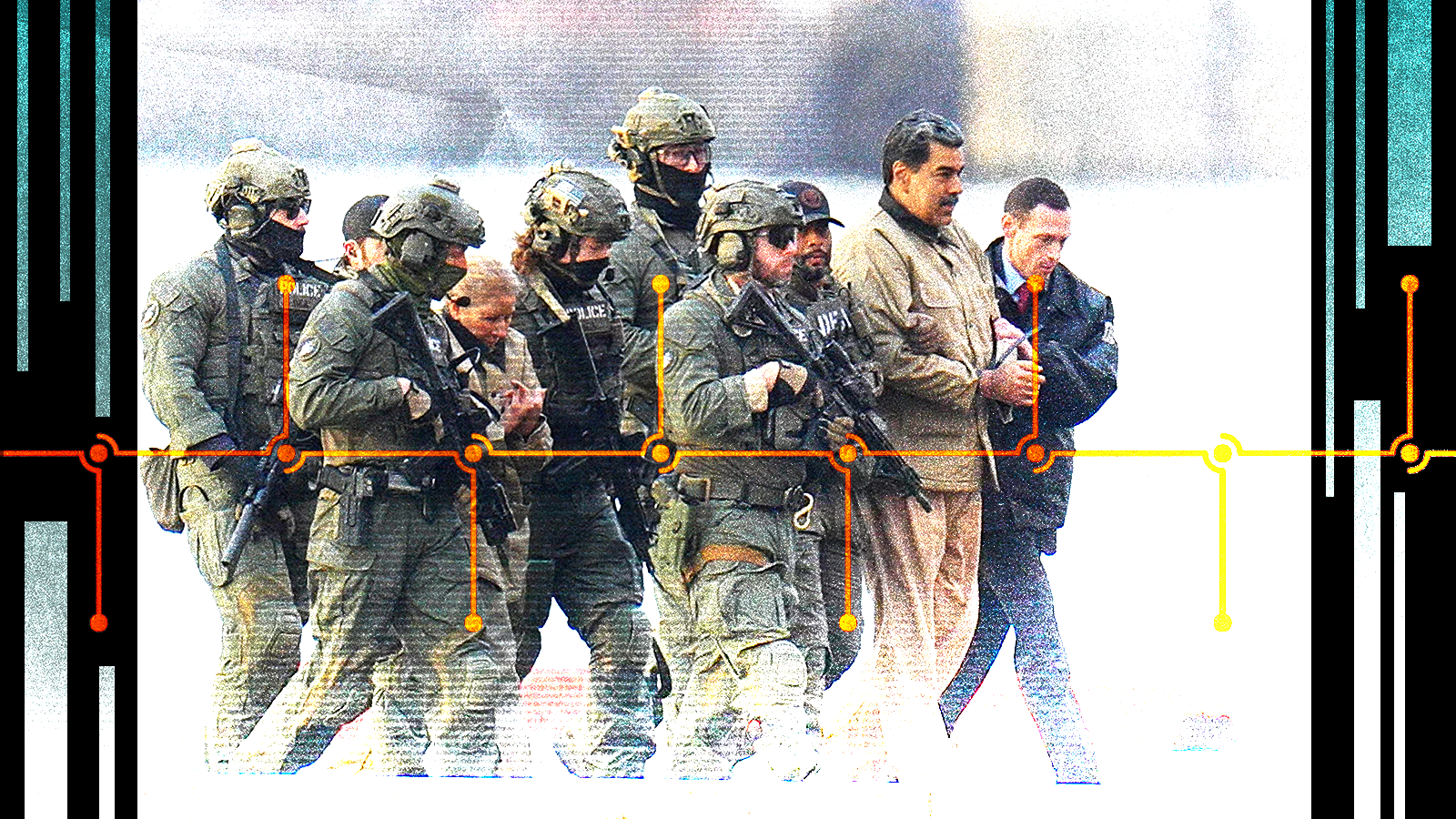When Wencan Group Co., Ltd., a Chinese auto parts company, listed on the Shanghai Stock Exchange in 2018, its owner declared that “the time has come for us to ‘go global.’” And so it did.
In 2020, Wencan acquired the French auto parts maker Le Bélier, which has production facilities in Europe and the Americas, and in 2023 it drew a visit in Guangdong from French President Emmanuel Macron. A new Le Bélier factory in Mexico was constructed, aimed at serving the North American market. Wencan itself already supplies major Western automakers, its corporate records show.
But as the company expanded its operations abroad, it was also forging connections with local governments in Xinjiang to tap into their labor pools. According to official documents and local media reports reviewed by Kharon, three of Wencan’s China-based subsidiaries participated in state-sponsored labor programs between 2019 and 2024.
Each included warning signs of forced labor identified in a U.S. government advisory on Xinjiang supply chains. The Uyghur Forced Labor Prevention Act (UFLPA), which bars Xinjiang-produced goods unless an importer can prove they weren’t made with forced labor, hits its three-year anniversary on Saturday.
In 2020, Wencan acquired the French auto parts maker Le Bélier, which has production facilities in Europe and the Americas, and in 2023 it drew a visit in Guangdong from French President Emmanuel Macron. A new Le Bélier factory in Mexico was constructed, aimed at serving the North American market. Wencan itself already supplies major Western automakers, its corporate records show.
But as the company expanded its operations abroad, it was also forging connections with local governments in Xinjiang to tap into their labor pools. According to official documents and local media reports reviewed by Kharon, three of Wencan’s China-based subsidiaries participated in state-sponsored labor programs between 2019 and 2024.
Each included warning signs of forced labor identified in a U.S. government advisory on Xinjiang supply chains. The Uyghur Forced Labor Prevention Act (UFLPA), which bars Xinjiang-produced goods unless an importer can prove they weren’t made with forced labor, hits its three-year anniversary on Saturday.
Tianjin Xiongbang Die Casting Co.
Tianjin Xiongbang Die Casting Co. is a wholly owned subsidiary of Wencan Group located in the Tianjin Economic-Technological Development Area. That’s a state-backed industrial zone near Tianjin Port, northern China’s largest seaport and a key automotive supply hub.An April 2024 news release from Yili Prefecture in Xinjiang implicated Tianjin Xiongbang in a government-organized labor transfer program, which commonly target rural ethnic minorities under the banner of poverty alleviation. The release said that, in 2023, Yining County officials were “entrusted” with farmland, “freeing” more than 10,000 rural residents from agriculture to seek employment elsewhere. In 2024, a government official was assigned to Tianjin Xiongbang to “coordinate” between Xinjiang workers and the company, aiding their transition from farming to industrial work, the statement said.
It also noted that the company had “recruited” five separate groups of workers from Yining within just four months.
Xiongbang Die Casting (Nantong) Co.
Xiongbang Die Casting (Nantong) Co., Ltd., a majority-owned Wencan subsidiary, was featured in a 2019 Chinese news article profiling a Kazakh worker and his wife from Yining, Xinjiang. The couple, who were formerly herders and classified as a “registered impoverished household,” were relocated to the Nantong facility via a government-sponsored train as part of local “poverty alleviation” efforts, the report said.A separate local media report reviewed by Kharon described how Nantong workers from Yining participated in “Chinese-language instruction, legal education, anti-radicalization training, gratitude education and military-style drills.” It said that officials from the local Communist Party and from Xinjiang Aid, the nationwide program that assists in the training and transfer of Xinjiang labor, had visited the site ahead of a national holiday to deliver the party’s and the government’s “care and greetings.”
Jiangsu Wencan Die Casting Co.
A third wholly owned subsidiary, Jiangsu Wencan Die Casting Co., wrote in a 2022 job posting that it “works closely with the Xinjiang Office in Jiangsu” and received a government award for “ethnic unity.”According to a WeChat account for the Wuxi Ethnic Unity Promotion Association, Jiangsu Wencan supplies body structural parts for two major Western car brands.
The bottom line
Having the right intelligence and knowing the right red flags to watch for is key to assessing UFLPA risks. The array of Chinese reports on Wencan Group’s subsidiaries suggest their own such risks are ongoing.Read more on China and the UFLPA:







